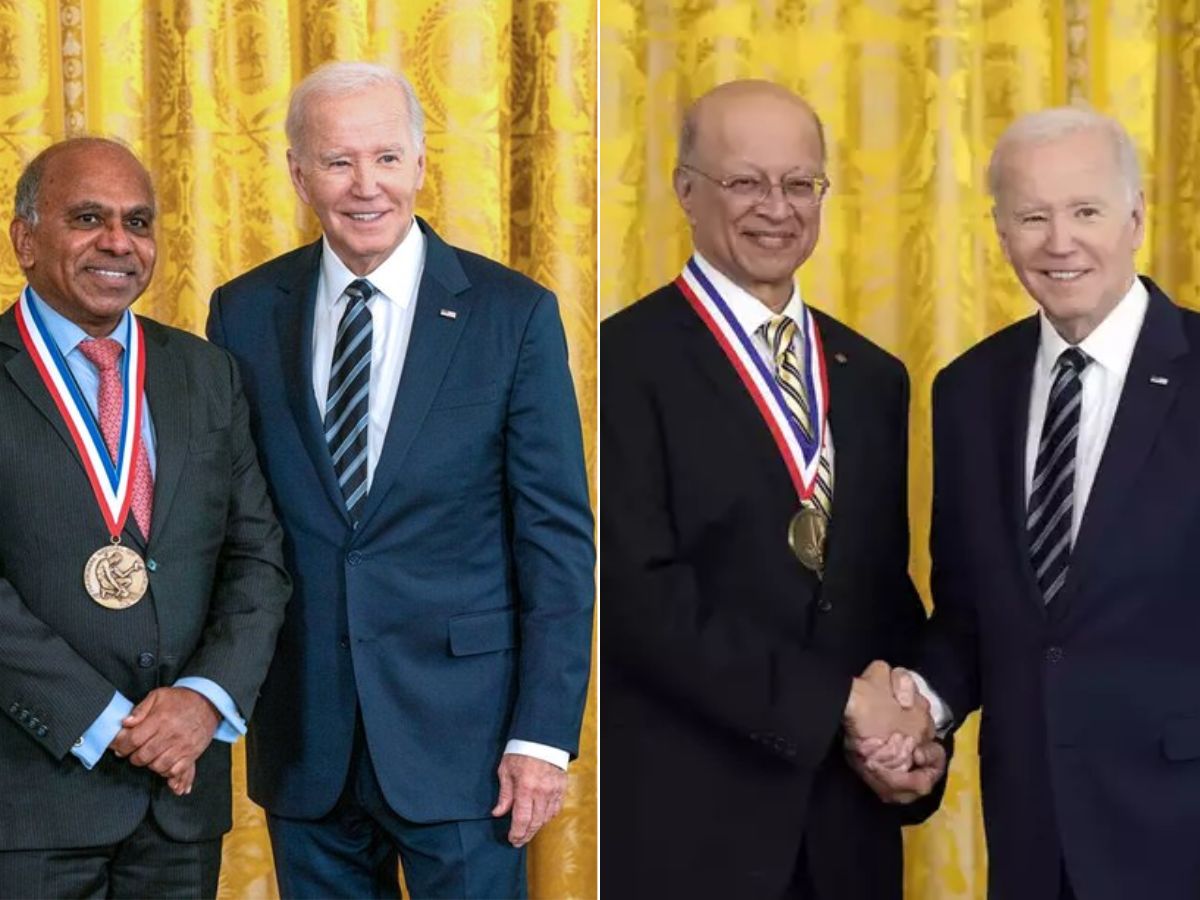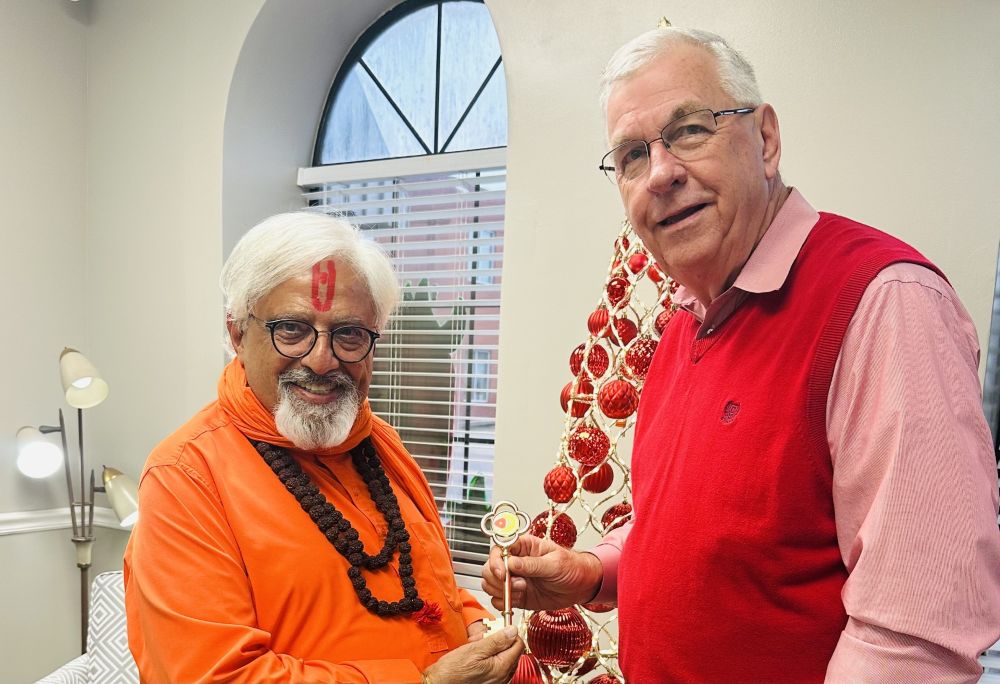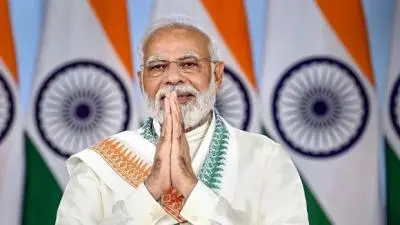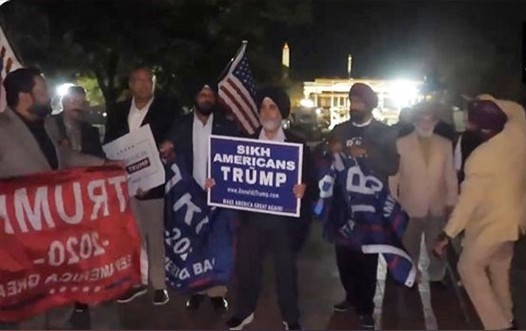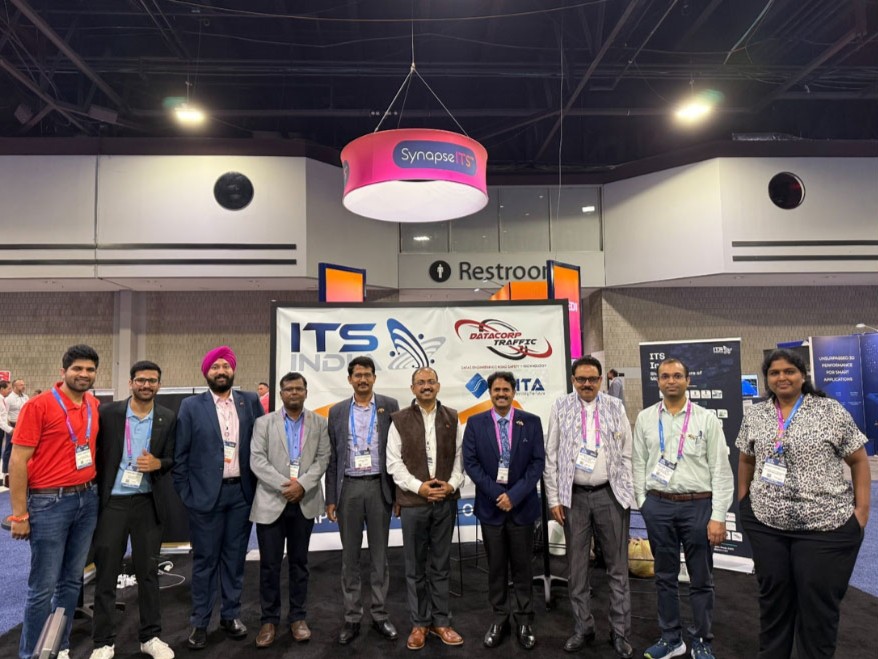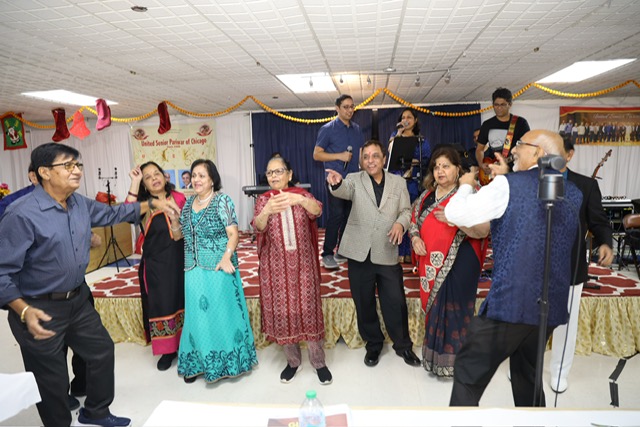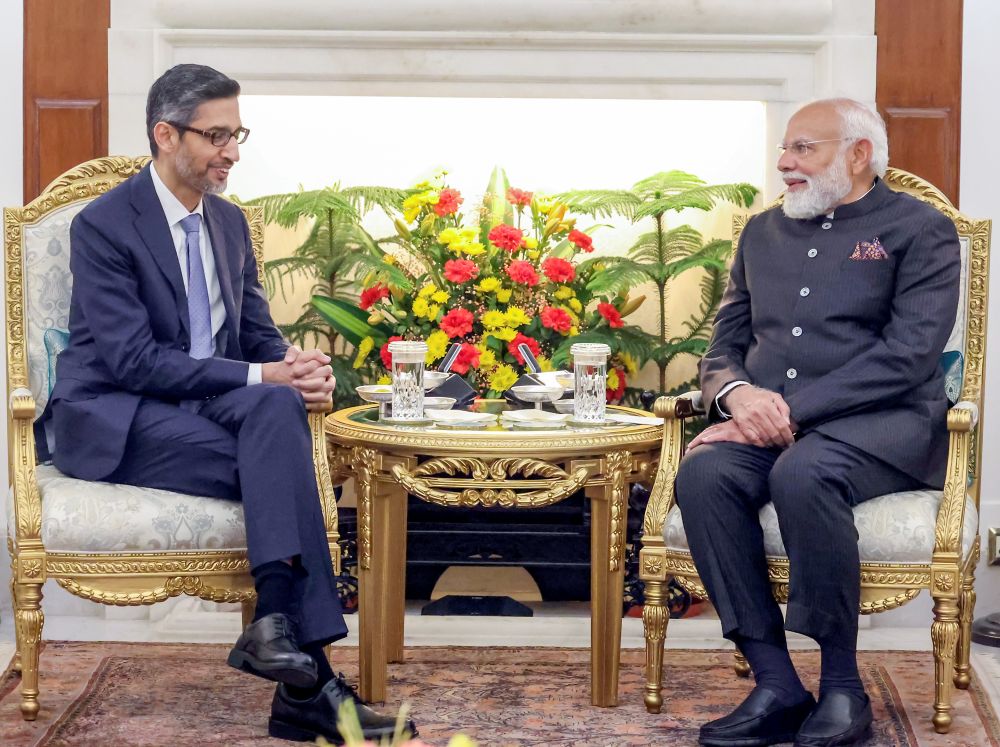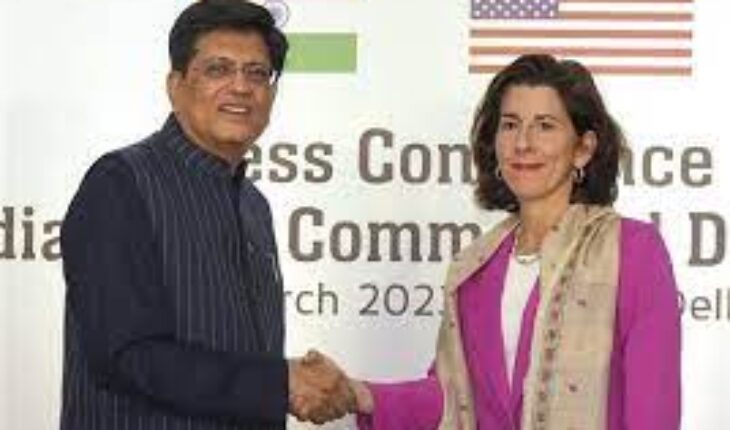Our Bureau
Washington, DC
US President Joe Biden has honored two Indian-American scientists – Ashok Gadgil and Subra Suresh – with the country’s highest scientific awards for their contribution to the field of science and technology. Biden presented the prestigious White House National Medal for Technology and Innovation to Gadgil, a Distinguished Professor Emeritus of Civil and Environmental Engineering at UC Berkeley, for providing life-sustaining resources to communities around the world.
The award, bestowed on leading US innovators, recognizes those who have made lasting contributions to America’s competitiveness and quality of life and helped strengthen the nation’s technological workforce. Suresh, a professor at large at Brown University’s School of Engineering, was awarded the National Medal of Science for pioneering research across engineering, physical sciences and life sciences, and particularly for advancing the study of material science and its application to other disciplines.
Gadgil was one of 12 recipients of the White House National Medal for Technology and Innovation. Gadgil has developed low-cost solutions to some of the developing world’s most intractable problems, including safe drinking water technologies, energy-efficient stoves, and ways to make efficient electric lighting affordable.
He focuses on robust inventions that can be deployed as widely as possible, and together, his projects have helped more than 100 million people. Gadgil is also an expert in building energy efficiency and computational fluid dynamics of indoor air and pollutant flows.
The White House said Gadgil was presented the medal “for providing life-sustaining resources to communities around the world. His innovative, inexpensive technologies help meet profound needs, from drinking water to fuel-efficient cookstoves. His work is inspired by a belief in the dignity of all people and in our power to solve the great challenges of our time.”
Gadgil’s award is the 17th national medal overall and the second National Medal of Technology and Innovation that Berkeley Lab researchers have earned.
“The world is not a fair place. I try to bend my knowledge of science, engineering, and creativity to make it a little less unfair for the people who are holding the short end of the stick. If I can make that difference, go even a little bit in that direction, I think that’s fantastic,” Gadgil told Barkley Lab in an interview. Gadgil earned degrees in physics from the University of Bombay (now Mumbai), the Indian Institute of Technology Kanpur, and his Ph.D. from UC Berkeley.
















